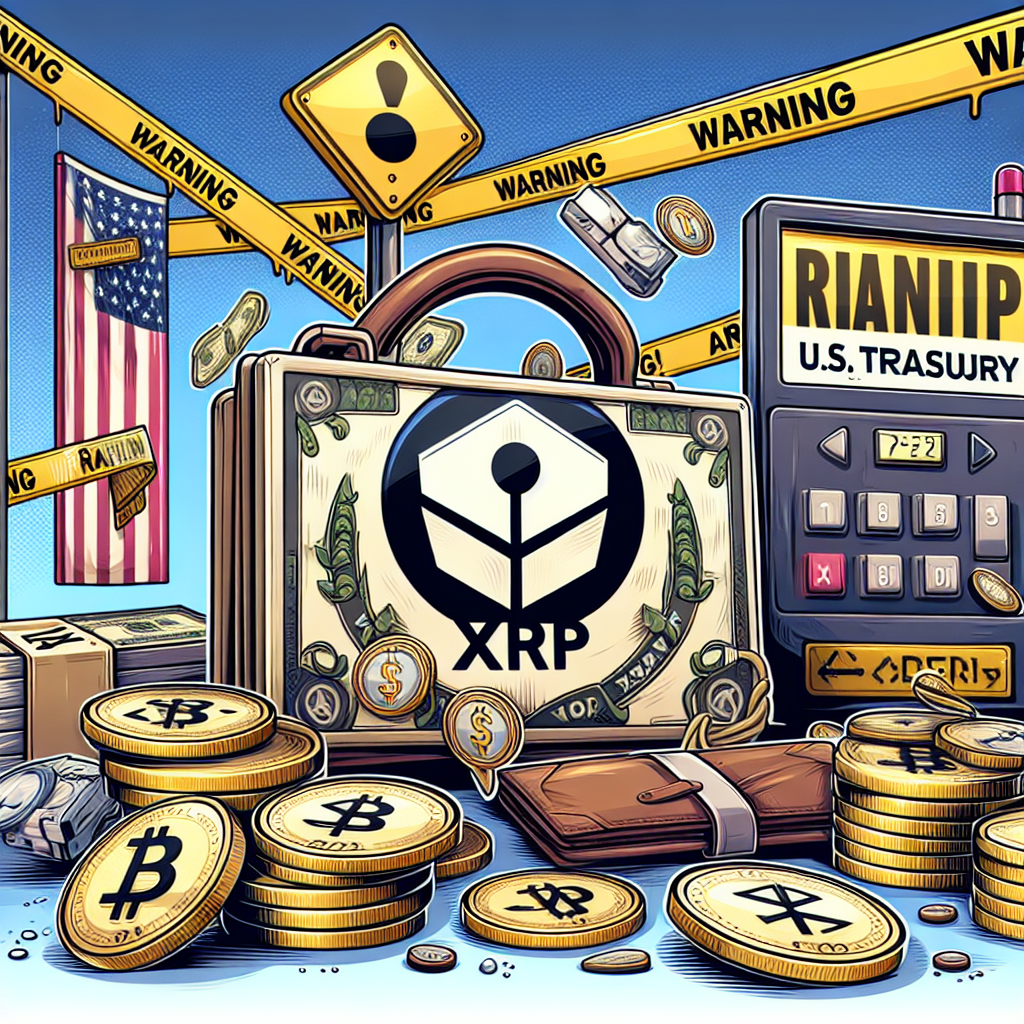Tag: blockchain
Introduction to Joey Bertschler’s New Venture Joey Bertschler, once part of OpenAI, is now developing a blockchain-centric wage ...
Artificial Intelligence (AI) is set to play an increasingly essential role in the burgeoning cryptocurrency field. However, like ...
Unprecedented advancements in Artificial Intelligence (AI) have been made in recent years, propelling it to the forefront of ...
Introduction A renowned business tycoon and former US president, Donald Trump, has been involved in various ventures throughout ...
The advent of quantum computing possesses a significant threat to the cryptocurrency world, particularly to the coins held ...
Following the abrupt termination of the Telegram Open Network (TON), many users are turning towards different crypto storage ...
The Necessity of Privacy in the Crypto World The significance of privacy in cryptocurrency has become a central ...
The popular messaging platform, Telegram has offered to refund 72% of each investor’s original investment after wrapping up ...
The United States Department of the Treasury has recently issued a warning to cryptocurrency investors, specifically about the ...
The transformation of the gaming industry through the incorporation of AI and NFTs is shaping the future of ...
Enel Green Power, a renowned renewable energy corporation based in Italy, has announced a landmark partnership with the ...
In the ever-evolving digital space, security is of paramount importance, especially for cryptocurrency users who face an emerging ...















